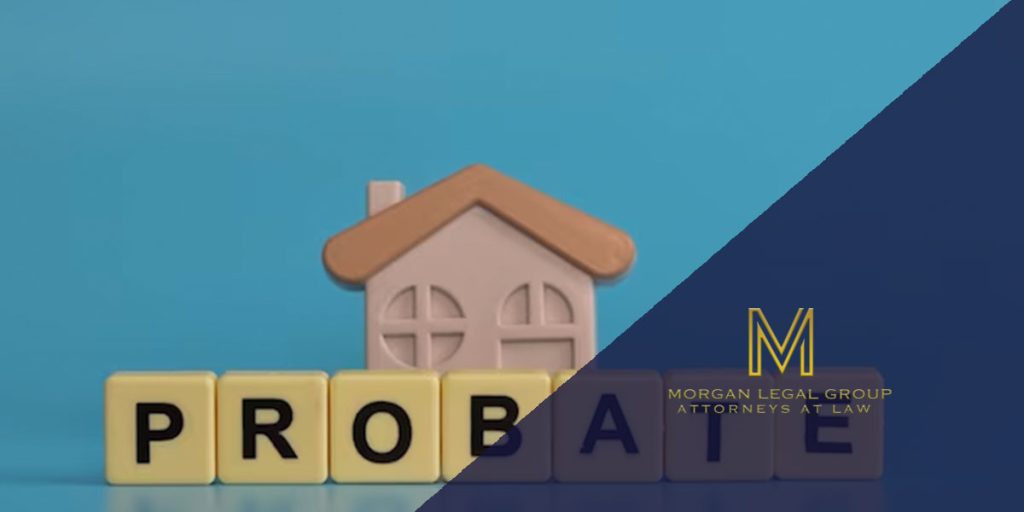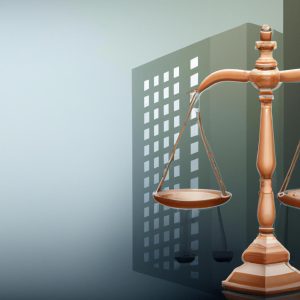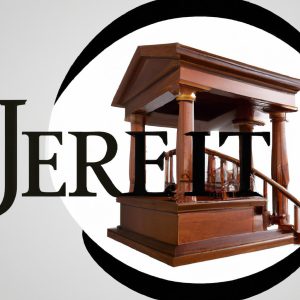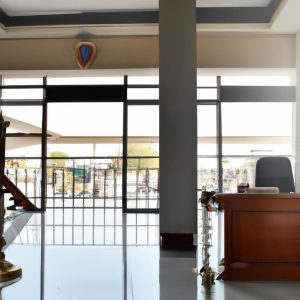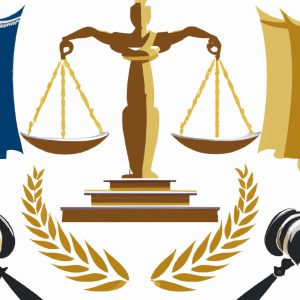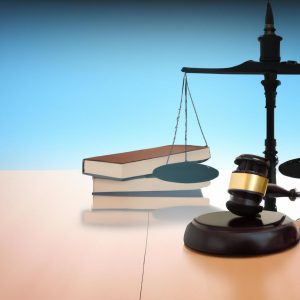Understanding Probate
Probate is a legal process that follows the passing of an individual, involving the validation and execution of their will. In New York, a state with its own set of probate regulations, understanding the intricacies of this process is crucial for individuals and families navigating the estate planning landscape. At Morgan Legal Group in New York City, we specialize in guiding our clients through the probate process efficiently and with the utmost care. In this comprehensive guide, we will delve into the key aspects of probate in New York, providing you with the knowledge needed for a smooth probate experience.
The Probate Process in New York
The probate process typically involves several key steps, each essential for the proper execution of the deceased’s wishes:
1. Filing the Petition
The probate process begins with petitioning the Surrogate’s Court in the county where the deceased resided. This petition the original will and a death certificate initiate the probate proceedings. It’s crucial to work with an experienced probate attorney to ensure these documents’ accurate and timely filing.
2. Appointment of an Executor
If everything is in order, the court reviews the petition and appoints an executor named in the will or an administrator if there is no will (intestate). The executor is responsible for managing the deceased’s estate, including the distribution of assets and payment of debts. The court’s appointment provides the legal authority for the executor to act on behalf of the estate.
3. Asset Inventory and Appraisal
The executor is tasked with inventorying the deceased’s assets, including real estate, bank accounts, investments, and personal property. This inventory is crucial for determining the estate’s overall value, which is essential for tax purposes and the subsequent distribution of assets.
4. Payment of Debts and Taxes
Before distributing assets to beneficiaries, the executor must settle any outstanding debts and taxes owed by the deceased’s estate. This includes notifying creditors, paying valid claims, and filing the necessary tax returns. Resolving these financial obligations is a critical step in ensuring a clear and uncontested distribution of assets.
5. Asset Distribution
Once debts and taxes are settled, the remaining assets can be distributed to the beneficiaries according to the terms outlined in the will. If there is no will, New York’s intestacy laws dictate the distribution among the deceased’s heirs. The executor is responsible for ensuring that the distribution aligns with legal requirements and the deceased’s wishes.
Probate Requirements and Considerations in New York
Probate in New York comes with its own set of requirements and considerations that individuals should be aware of:
1. Probate Court Fees
When filing for probate, there are court fees associated with the process. These fees are generally based on the value of the estate. Working with an experienced probate attorney can help navigate these costs and ensure that the filing is done accurately.
2. Timelines and Delays
Probate timelines can vary, and the process may experience delays, especially if there are disputes, challenges to the will, or complexities in asset valuation. Understanding the potential timelines and addressing issues promptly is crucial for a streamlined probate experience.
3. Contested Probate
In some cases, probate proceedings may face challenges from disgruntled heirs, creditors, or other interested parties. These contests can complicate the process and may lead to court hearings. An experienced probate attorney can provide valuable guidance in addressing contested probate matters.
4. Probate vs. Non-Probate Assets
Not all assets go through probate. Assets held in a trust, joint tenancy, or those with designated beneficiaries, such as life insurance policies and retirement accounts, typically pass directly to beneficiaries outside of the probate process. Understanding the distinction between probate and non-probate assets is crucial for effective estate planning.
Challenges and Solutions in Probate
While the probate process serves a vital role in the orderly distribution of assets, it is not without its challenges. Understanding these challenges and implementing effective solutions is key to a successful probate experience:
1. Family Disputes
Family disputes can arise during probate, often fueled by disagreements over the distribution of assets or perceived inequalities. An experienced probate attorney can mediate these disputes and work towards an amicable resolution, helping to preserve family relationships.
2. Complex Estates
Estates with numerous assets, complex financial structures, or businesses can add complexity to the probate process. In such cases, detailed financial planning and the assistance of financial experts may be necessary to ensure accurate asset valuation and a smooth distribution process.
3. Tax Implications
Taxes can significantly impact the value of an estate and the amount beneficiaries ultimately receive. Understanding the tax implications of probate and implementing strategies to minimize tax liability is a critical aspect of effective estate planning. A knowledgeable probate attorney can provide guidance on tax-efficient strategies.
Conclusion
Probate in New York is a structured legal process designed to ensure the orderly distribution of deceased assets. Navigating this process requires attention to detail, compliance with legal requirements, and a thorough understanding of the deceased’s wishes. At Morgan Legal Group, our team is dedicated to assisting clients in New York City through the probate process, providing expert guidance at every step.

